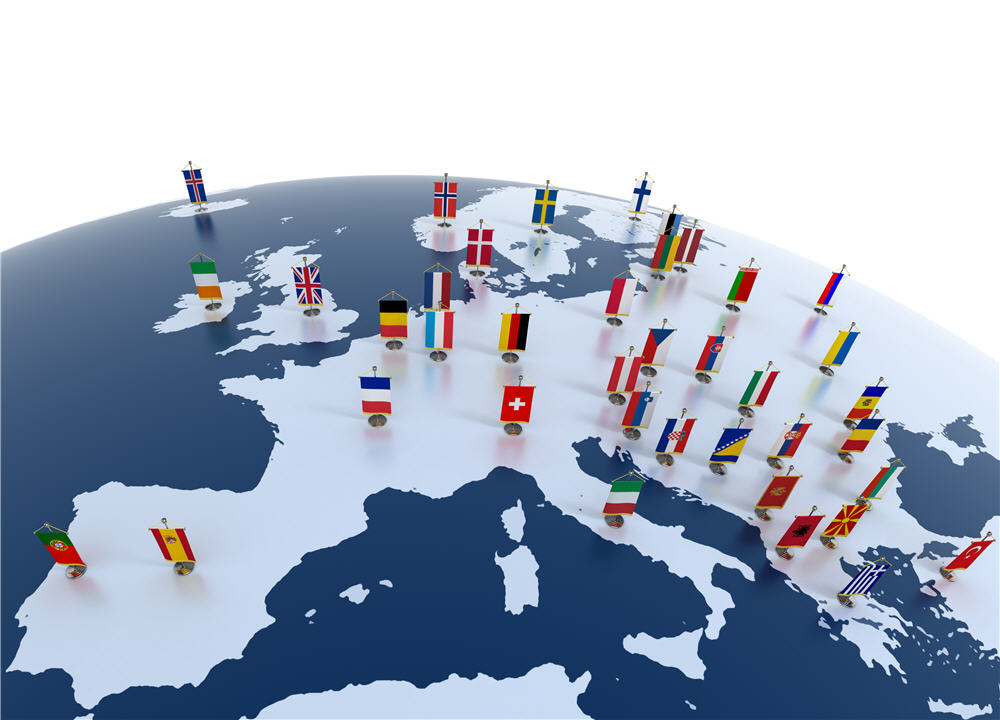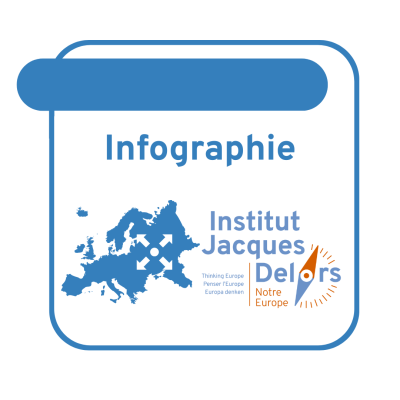The Integration Capacity of the EU: political imperative or technical excuse?

“The prospect of a further enlargement even as all the consequences of the previous enlargement have not yet been resolved leaves some worrying questions unanswered. The Commission is therefore of the view that any new enlargement must be associated with a substantial improvement in the efficiency of the Community’s decisional process and a reinforcement of the institutions.” This European Commission opinion was not issued in 2006 but in 1976 and relates to Greece’s candidacy for membership of the European Economic Community, the EEC.
Since its origins (with six member countries), Community building always aimed at opening up to other European countries. But this openness always came over as subject to a political prerequisite: the integration of the new member must be perceived as positive for Community dynamics.
Thus General de Gaulle twice opposed his veto to the admission of the United Kingdom into the EEC in 1963 and 1967, mainly on the suspicion that London would serve as Trojan Horse to American interests in Europe. And it is the French electorate who in the end passed the UK (along with Ireland and Denmark) fit for integration into the EEC in the 1972 referendum.
The accession process, based on governmental or popular consent by each member State thus operates on the basis of ill-defined criteria.
In 1986, the admission into the EEC of Spain and Portugal raised the question, this time, of the economic (rather than political) integration capacity of two new member countries, relatively poor by comparison with the then Community average. In response, the first Community derogation was introduced (essentially concerned with fishing) and, more importantly, at the instigation of Jacques Delors, the Structural Funds were created. With a view to make up for the development gaps within the Communities, these funds continued the philosophy behind the European Regional Development Fund (ERDF), created in 1975 after the British accession.
With Chirac’s diatribes against the 1986 enlargement still ringing in her ears, France shows scant interest in the stakes involved in the integration of new countries into the EEC.




